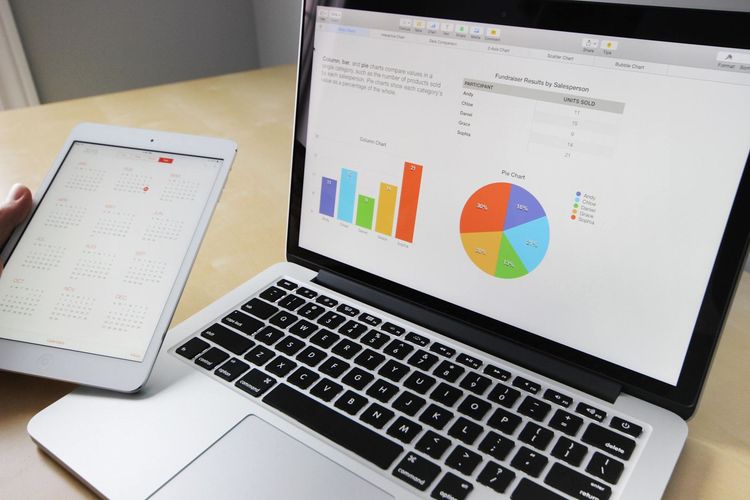Business Intelligence for Leaders: What Are the Stakes?
- Make Informed Decisions
- Gain Better Visibility into Business Activities
- Leverage Data to Your Advantage

Business intelligence, or Business Intelligence in English, is becoming increasingly important in companies and public organizations. Let’s explore the fundamentals of this rapidly growing field.
What is Business Intelligence?
Business intelligence encompasses all the methods and IT tools available to an organization’s leaders to help them make informed decisions.
How Did Business Intelligence Emerge?
Business intelligence gained its modern meaning thanks to Howard Dresner in 1989, who later became an analyst at Gartner. Business Intelligence then included “the concepts and methods for improving business decision-making by using fact-based support systems.” Since then, we have entered the era of Big Data with the explosion of business data. The exponential growth in data volumes has provided fertile ground for the rise of business intelligence.
How Does Business Intelligence Work?
A business intelligence system fulfills the following core functions:
- Collection: detecting, selecting, extracting, and filtering raw data from various sources.
- Integration: restructuring, enriching, aggregating, reformatting, standardizing, and gathering collected data into a unified space such as a data warehouse.
- Distribution: making data available to users according to their roles and associated needs.
- Data presentation: controlling access to results, ensuring the database and queries work properly, and, of course, visualizing the results.
What Is the Purpose of Business Intelligence?
The goal of business intelligence is to give decision-makers a view of their company’s past, present, and future. It helps identify inefficient processes, reveal patterns and trends, adapt to changes in the internal and external environment, and implement business strategies and tactics—all based on call transcription.
What Are the Practical Applications of Business Intelligence?
Business intelligence is useful in every area of a company.
How Does Business Intelligence Benefit Different Departments?
Here are some examples of Business Intelligence’s potential across business functions.
Sales:
- Gain deep, real-time insights into customers
- Monitor sales pipeline quality
- Streamline business processes
- At Leexi, business intelligence also helps improve your speech to text
Supply Chain:
- Identify bottlenecks
- Spot delays and issues in shipping processes
- Optimize logistics and material sourcing
- Improve compliance
Marketing:
- Track the impact of content and campaigns across different audience segments
- Monitor customer preferences, lifetime value, and profitability
- Maximize cross-selling and renewals
Finance:
- Identify and analyze areas for cost reduction
- Allocate budgets more accurately to each function’s needs
- Forecast revenue with high precision
Management:
- Reduce time spent on data entry and manipulation
- Generate automatic, customized reports
- Improve visibility into business areas needing special attention
- Use the power of an intuitive dashboard
Strategy:
- Compare data with competitors and historical data for continuous improvement
- Get an overview of the company and access answers to critical questions
To further optimize time and results, choosing SaaS is a solution. Using SaaS software within your company leads to increased performance.

Emerging Features
Business intelligence is constantly evolving alongside technology. The development of artificial intelligence, in particular, promises major advances in autonomy.
For example, natural language processing could enable more spontaneous interactions with company data. You could directly ask your decision-support software which product generated the most revenue last month, without manipulating data to find the answer.
Conversational intelligence could also take on the role of a data analyst, or at least assist them. It could help clean, refine, and combine data to produce visualizations that perfectly match needs, as well as identify data issues and suggest solutions.
Finally, AI could generate so-called smart reports. Reports and dashboards already play a crucial role in modern companies. In the future, decision-support software should be able to automatically suggest the most impactful visualizations for users, based on what AI learns from their habits.
Ready to boost your productivity with Leexi?
Leexi AI Notetaker takes notes for you